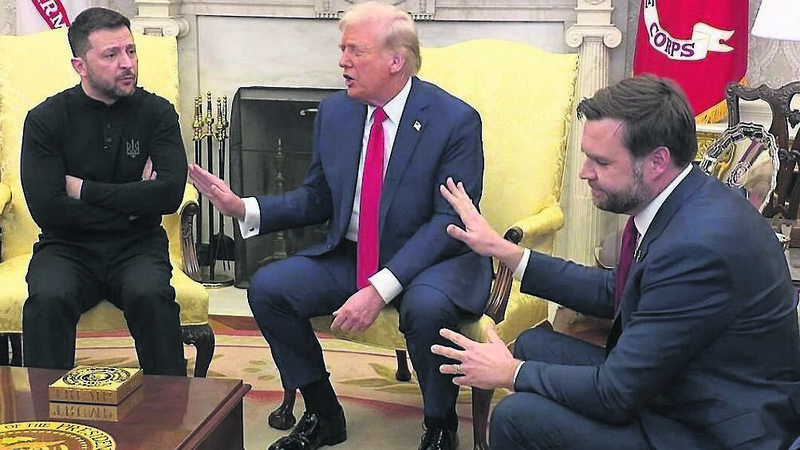Cork Views: Our world needs more female leaders

- Women policy-makers prioritise issues that benefit the most vulnerable in society such as healthcare, welfare and education. As such, more women leaders seem to make for more equal and caring societies
- Women may be more likely to focus on these issues because they have greater experience of deprivation, and because they are often responsible for caring for others
- On average, women work harder than men to represent their constituencies, which is linked to a stronger sense among voters that government is responsive to their needs
- Increased representation of women in elected office is associated with counteracting corruption and focusing resources on the quality and consistency of public service delivery
- States where women held more political power are less likely to go to war and less likely to commit human rights abuses
- Women bring collaborative and inclusive leadership styles into political environments that are often characterised by division and one-upmanship.







 App?
App?




